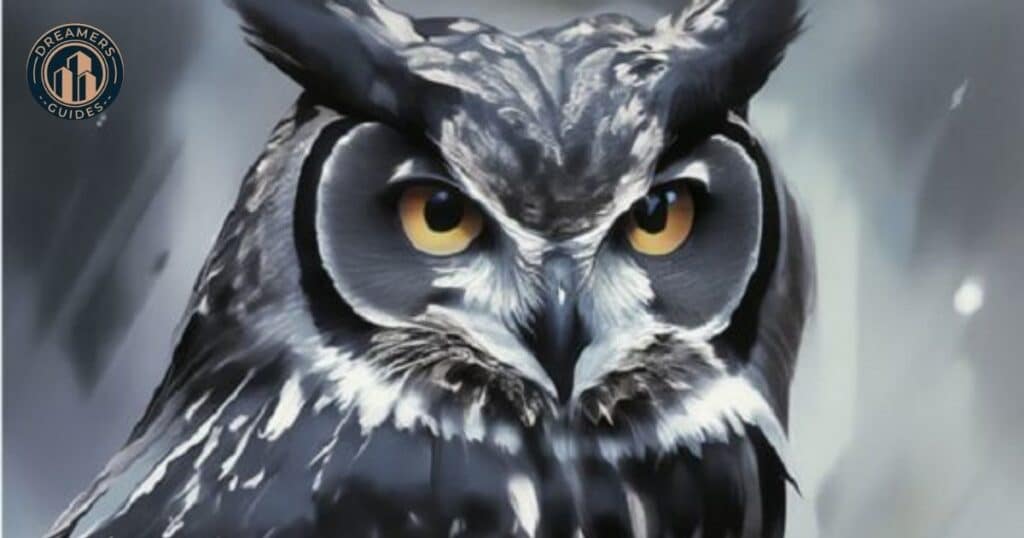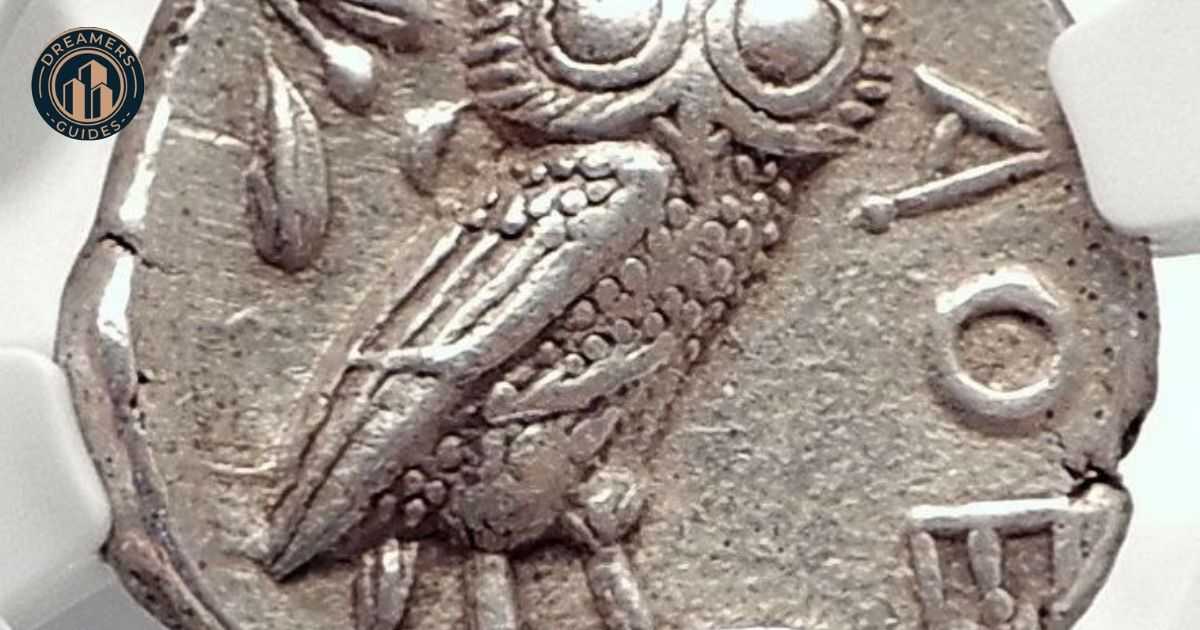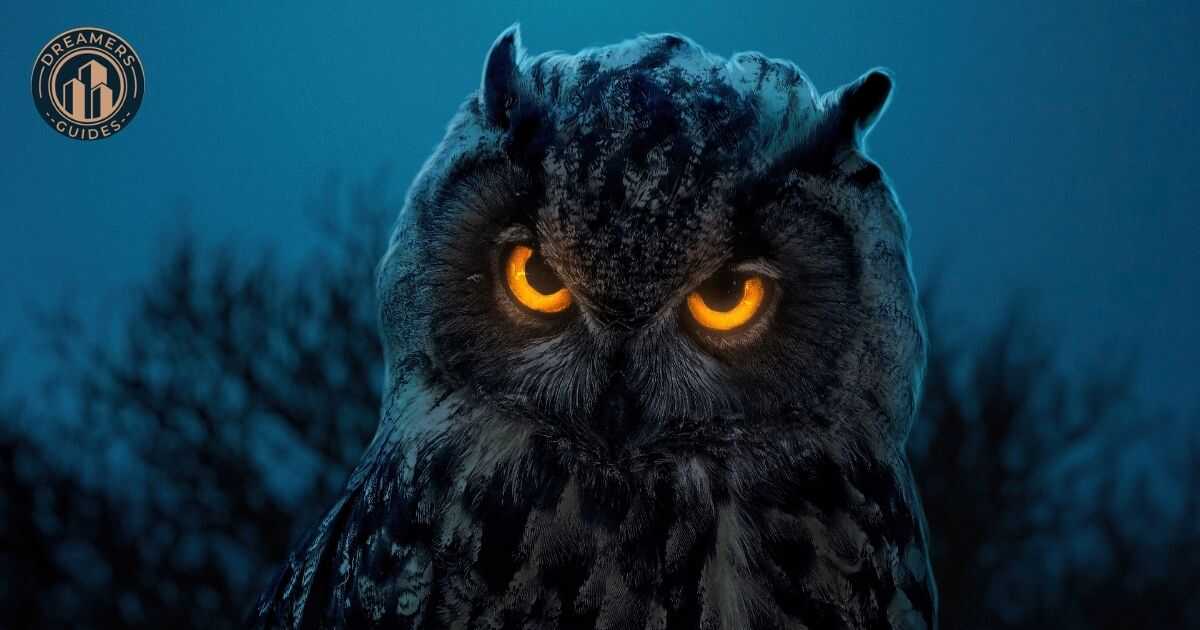In many cultures, owls hold deep symbolism, representing both mysterious and exceptional qualities. These creatures are often seen as guardians of the night, with their ability to see in low-light conditions, making them a symbol of vision and clarity.
The large eyes of owls have captured the imagination of people for centuries, their keen senses, particularly hearing, adding to the aura of their remarkable abilities. Across cultures, the flight of an owl is considered a symbol of freedom, and their habits of hunting in dark hours reflect the balance between light and darkness, and how life exists in both realms.
So, let’s spread our wings and soar into the captivating world of symbolic owls and their cultural significance.
Rhythm is what makes Shayari catchy. The rhyme schemes, like couplets or quatrains, give it flow. Poems like Ghazals or Doha follow specific meters, helping the listener or reader memorize easily. Keep it natural, so the words sound effortless, yet feel meaningful.
Owl Symbol Meaning
The owl symbol meaning wisdom, mystery, and intuition across many cultures. Known for its ability to see in the dark, the owl represents insight, the pursuit of knowledge, and the power to uncover hidden truths.
Often associated with the spiritual world, owls are seen as guides, helping us navigate life’s challenges with clarity and deeper understanding. Their quiet flight and keen senses remind us to trust our instincts and seek wisdom beyond what meets the eye.
What Do Owls Symbolize ?
The phrase what do owls symbolize brings to light the deep meanings associated with these creatures. Owls symbolize wisdom, mystery, and intuition in various cultures around the world.
Their quiet flight and piercing gaze often represent a deep connection to the unseen, making them symbols of knowledge that transcends the obvious. In some traditions, owls are also seen as protectors, guardians of sacred knowledge.
Their nocturnal nature ties them to the realm of dreams, further linking them to spiritual insights and foresight. The owl’s ability to see in the dark represents the power to navigate through life’s challenges and discover hidden truths. Through their symbolic meanings, owls encourage us to trust our intuition and seek deeper understanding.
Death
In many cultures, the sight or sound of an owl sends shivers down people’s spines. People often associate these night hunters with death and the spirit world, interpreting their haunting calls as omens of impending doom.
The connection between owls and death is not merely a modern superstition; it is deeply rooted in historical beliefs and cultural paradigms worldwide.
Consequently, this longstanding association highlights how different societies have viewed owls in relation to mortality. Thus, understanding these connections offers insights into the cultural significance of owls throughout history.
Take Native American cultures, for instance. Many crews view owls as messengers from the afterlife domain. The Apache believe that dreaming of an owl is a sign that death is lurking around the corner.
For the Cree, people believe the whistle-like sounds of a Boreal Owl are calls from the spiritual realm, beckoning souls to cross over.
These traditional beliefs highlight the profound impact that owls have had on shaping societal beliefs about life, death, and the beyond.
Why Owls are Considered the Smartest Birds in the Roost
Despite their spooky reputation, owls aren’t all doom and gloom in cultural symbolism. In fact, they’re often hailed as symbols of wisdom and intelligence. This association is perhaps most famously exemplified in Greek mythology, where the owl was the sacred animal of Athena, the Greek Goddess of wisdom.
The connection between owls and wisdom has permeated Western culture for millennia. In ancient Greece, the Little Owl (Athene noctua) was believed to possess an inner light.
As a result, this unique ability allowed it to see in the dark, serving as a powerful metaphor for piercing through the darkness of ignorance. Thus, the owl became a symbol of wisdom and enlightenment in their culture.
The significance of owls has carried through to modern times, where people often use them as emblems for educational institutions.
Just think of the wise old owl in graduation caps that adorns countless school logos and academic paraphernalia!
Read More About : Spiritual Meaning of Water
Wizardry
Step into the world of magic and mysticism, and you’ll find owls fluttering about in abundance. These birds have long been associated with witchcraft activities. And the occult, their nocturnal nature and silent flight adding to their air of mystery.
In medieval Europe, owls were often thought to be the familiars of witches. Aiding them in their magical rituals and necromancy.

This connection between owls and the magical world hasn’t faded with time. In fact, it’s been given new life in modern popular culture.
The Harry Potter series, for instance, features owls as magical messengers and companions to witches and wizards. This portrayal has reinvigorated interest in owls and their mystical associations, blending ancient witch practices with contemporary fantasy.
Owl Symbolism in Japanese Cultures
In the land of the rising sun, owls hold a special place in cultural Japan. Known as “fukurou” in Japanese, the word for owl is a homophone for “luck” and “protection from hardship.”
This linguistic connection has made owls popular symbols of good fortune in Japanese traditions.
Japanese mythology is rich with owl lore. In Ainu folklore, villagers depict the god Kotan-kor-kamuy as an owl. This deity oversees the village and swoops down to report any wrongdoings to the creator god.
Such mythological Japan stories highlight the reverence and respect accorded to owls. In Japanese culture, painting them as wise overseers and protectors rather than harbingers of doom.
Owl in Chinese Culture: A Bird of Contradictions
Crossing over to China, we find that owls occupy a somewhat ambivalent position in Chinese culture. In Chinese traditions, people often associate owls with lightning and believe they have the power to ward off bad luck.
However, people sometimes see them as ill omens, particularly when they are spotted during the day.
In Chinese folklore, owls are known as “xiao” (梟), which can also mean “filial piety” when written with a different character. This linguistic connection has led to some interesting cultural practices.
For instance, in some parts of China, people would traditionally give owl figurines as gifts to wish for filial and obedient children. This blend of positive and negative associations makes the owl a particularly complex symbol in cultural China.
Owl Symbolism in Ancient Greece
Let’s wing our way back to ancient Greece, where owls enjoyed a particularly elevated status. As mentioned earlier, people closely associated owls with Athena, the goddess of wisdom, craft, and war.
The Little Owl had such a strong connection to Athena that people often referred to it as Athene noctua, which literally means “Athena of the night.” The owls symbolism as a protector of sacred knowledge encourages us to seek wisdom in the quiet moments of reflection.

This association influenced Grecian culture in significant ways beyond mythology. Athenian coins from the classic Greece period often featured an image of Athena on one side and an owl on the other.
These coins, known as “owls,” circulated widely and became one of the first internationally recognized currency symbols. Talk about putting your money where your owl emblems are!
Read More : White Aura Meaning: The Ultimate Guide
Owl Symbolism in Native American Culture
In the vast tapestry of Native American cultures, owls occupy a special place, their symbolism as varied as the crews themselves. Many indigenous cultures see owls as powerful spirits.
Often associated with prophecy and the otherworldly realm. However, the specific owl meaning can vary greatly from one group to another. The owls symbolism of wisdom and insight reminds us to trust our instincts and look beyond the surface to uncover deeper truths.

Some American crews respect owls as guardians of sacred knowledge. The Hopi, for instance, see the Burrowing Owl as a protector of their underground seed vault. In contrast, other groups view owls more ominously.
The Lakota associate the owl with Whope, the spirit of death. These diverse tribal beliefs underscore the complexity of owls symbolism in Native American symbolism, reflecting the rich tapestry of indigenous American people beliefs and traditions.
FAQ’s
What is the spiritual meaning of the owl?
The owl symbolizes wisdom, intuition, and knowledge. It’s often seen as a guide through darkness, representing the ability to see things others can’t.
Is the owl a positive omen?
Yes, owls are generally considered positive omens, symbolizing insight and protection. Their appearance can signify a time for personal growth or new understanding.
What does God say about owls?
In the Bible, owls are sometimes associated with desolation or isolation, but they also symbolize mystery and the unknown. The overall message is more about their role in nature.
Do owls have special meaning?
Yes, owls are deeply symbolic across cultures, often representing mystery, transformation, and deeper spiritual awareness. They remind us to trust our intuition and inner wisdom.
Conclusion
The world of owl symbolism is as vast and varied as the cultures that have shaped it. From wisdom to death, from magic to luck, these nocturnal birds have left an indelible mark on human imagination and belief systems.
Whether you see them as wise sages or eerie omens, one thing is clear owls continue to captivate and intrigue us, their silent wings carrying the weight of centuries of human thought and tradition.
So, the next time you hear an owl’s hoot pierce the night, take a moment to reflect on the rich tapestry of beliefs and stories that surround these fascinating creatures. Who knows? You might just gain a new appreciation for these feathered philosophers of the night.